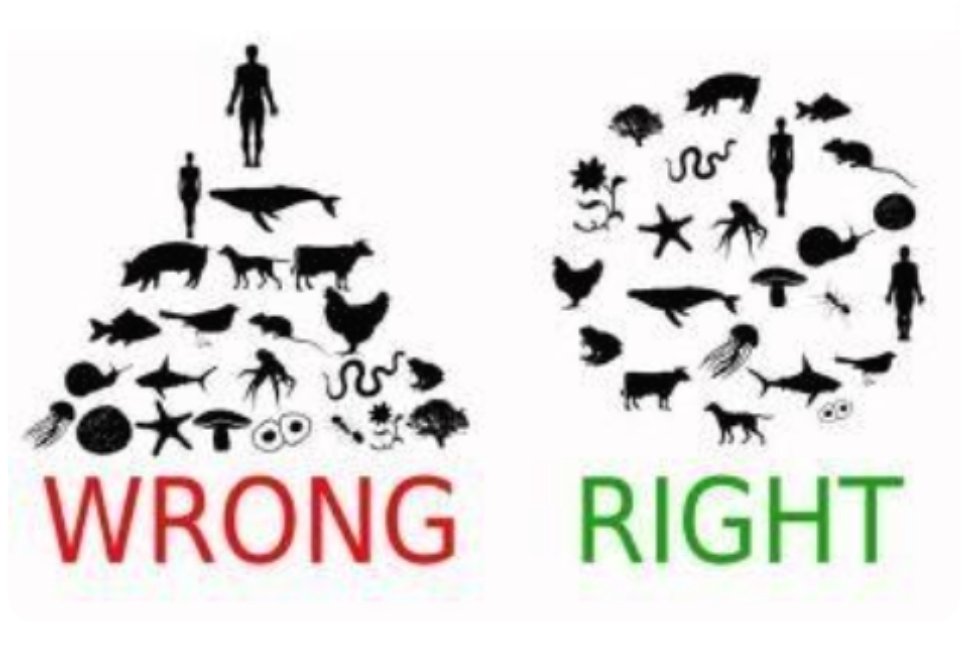...
I don't think the other non organic stuff is poisoned, I can't see a company purposely poisoning their food just because it's the cheap stuff. Sadly a lot of bad info and propaganda has been taken for gospel in the circles. When you think about it, every time there is a food recall because of a listeria outbreak or salmonella or something, it always seems to be the organic stuff that's being recalled, so one could argue, how much better is it really for you?
There is a company out here, I guess you could call it a grain mill? They sell bagged feed, a lot of ground up stuff, and it smells a bit citrusy too. Price is a little higher than the TSC discount feed, about even with their band name or 'average'feed. The birds seem to like it but unlike the pellets, it seems to have quite a bit more dust / flour? to it, so I wonder how much gets wasted to that? Chickens are NOT neat eaters no matter how hard you try. Stuff is always full of weevils too, which while some may find unpleasant, the chickie poos love the little mobile snacks

Aaron




